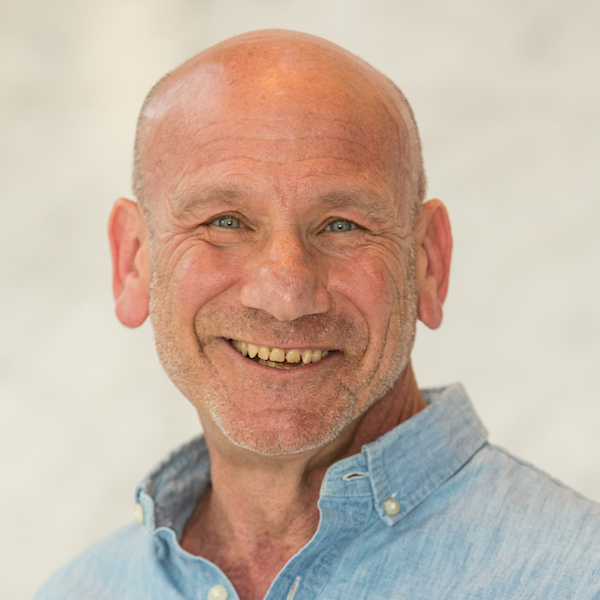Why, an audience member asked National Public Radio’s Linda Wertheimer at a San Diego ” target=”_hplink”>$3 billion spent on political advertising – a record high, exceeding even the 2008 presidential-year campaign – the reasonable premium that journalism puts on novelty is what plenty of candidates are banking on. If you say anything, no matter how mendacious, enough times, people will come to believe it’s true.
In our media ecosystem, no truth-squadding can ever get as much airtime as paid ads. Worse, the Supreme Court this year opened the floodgates for corporations to spend unlimited amounts on ads. And because Republicans filibustered a law that would have required disclosing who’s paying for those ads, ” target=”_hplink”> and their ilk are laundering those donations via front groups with anodyne names like Americans for an American America.
“A democracy can die from too many lies,” Bill Moyers said at the same event only a few minutes before Linda Wertheimer spoke. It’s sobering. But you’d never know the stakes were that high from the kind of campaign coverage we Americans have settled for getting.
Case in point: this weekend’s back-and-forth between Representatives Chris Van Hollen (D-MD) and Mike Pence (R-IN) about the House Republicans’ Pledge to America, moderated by David Gregory on NBC’s “” target=”_hplink”> their advocacy of tax cuts for billionaires. It’s not news that Republican dogma about the jobs-generating effect of tax cuts for the richest Americans is economic nonsense. But it is news when strategy, tactics, timing – the Beltway insider’s game – is on the table.
I’m not dewy-eyed enough to believe that a network Sunday show can get Monday headlines by pinning Pinocchio badges on its guests. Nor, though NPR’s coverage may well do more fact-checking than commercial networks, do I have a solution to the quandary Linda Wertheimer described: How many times can you (politely) say that Candidate X lied today, when Candidate X lies every day, and so do Candidates A through Z?
Yet I also can’t get Bill Moyers’ point about democracies dying of lying out of my head. He also said that, on his PBS programs, one of the things that he and his wife and producing partner, Judith Davidson Moyers, have struggled with is the amount of toxicity—the deceitful, dangerous part of public discourse – to put on the air. On the one hand, it’s important to know the truth about what’s going on. On the other, it’s painful to know the truth, but to be unable to act on it. How can you deal with cancer, he asked, speaking of the vulnerability of democracy to partisan propagands, unless you know the diagnosis?
As long as news needs to be new—which is another way of saying, as long as news (even public broadcasting news) depends on ratings—it’s hard to imagine that a daily diet of “here’s who damaged democracy today” will grab an audience, especially if it’s the same demagogues as yesterday. Unless, of course, you’re funny when you say it. But the sanity of Jon Stewart deserves a column of its own.
Marty Kaplan is the ” target=”_hplink”>Annenberg School for Communication & Journalism. Reach him at martyk@jewishjournal.com.























 More news and opinions than at a Shabbat dinner, right in your inbox.
More news and opinions than at a Shabbat dinner, right in your inbox.